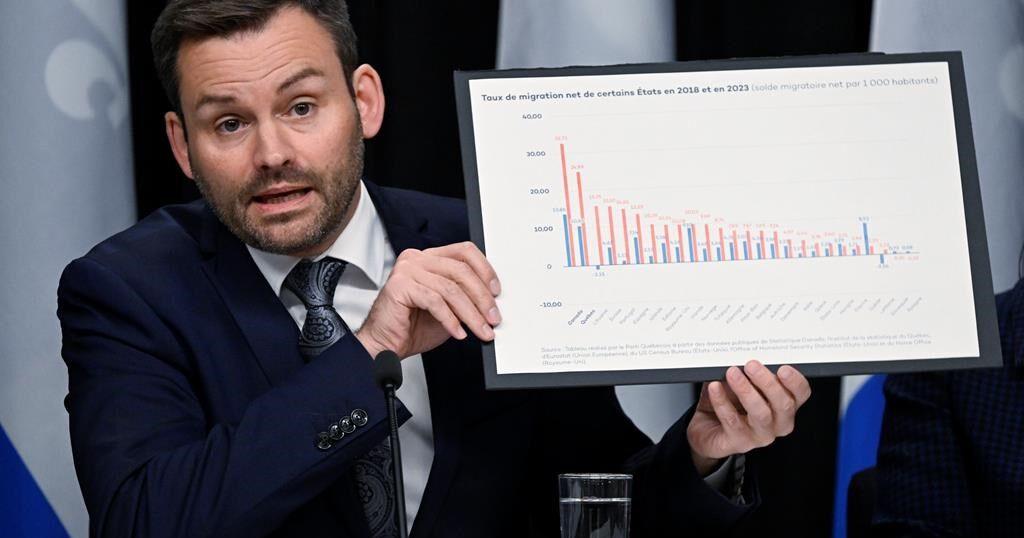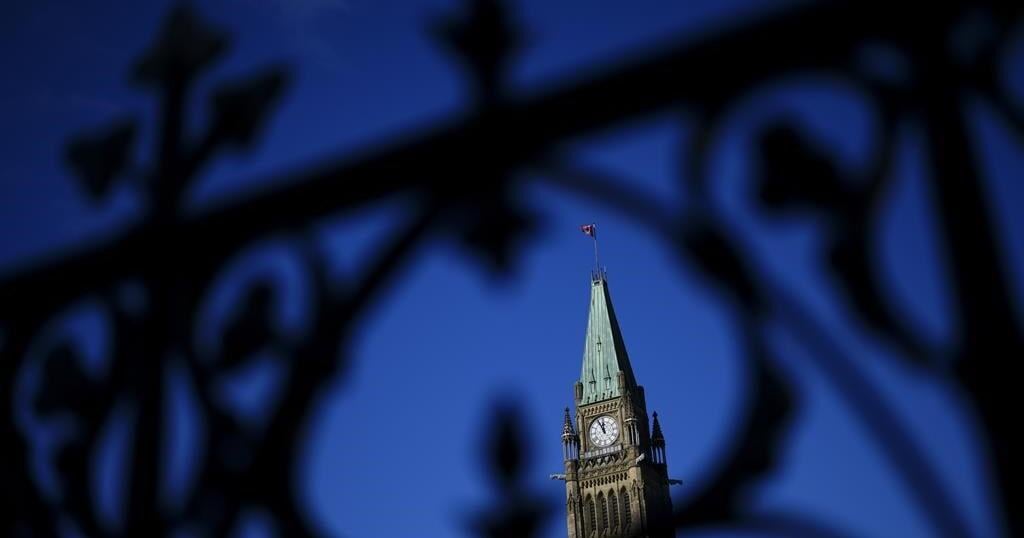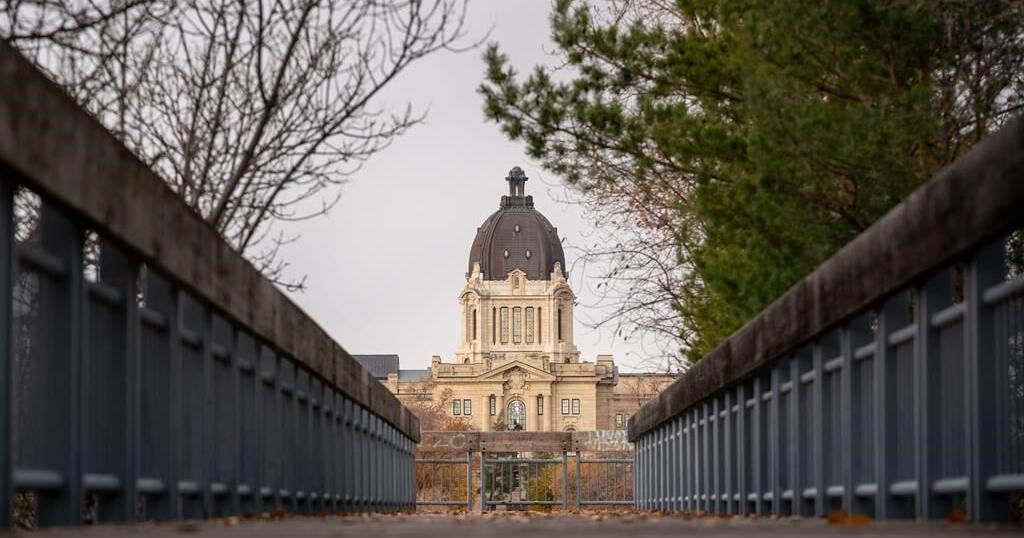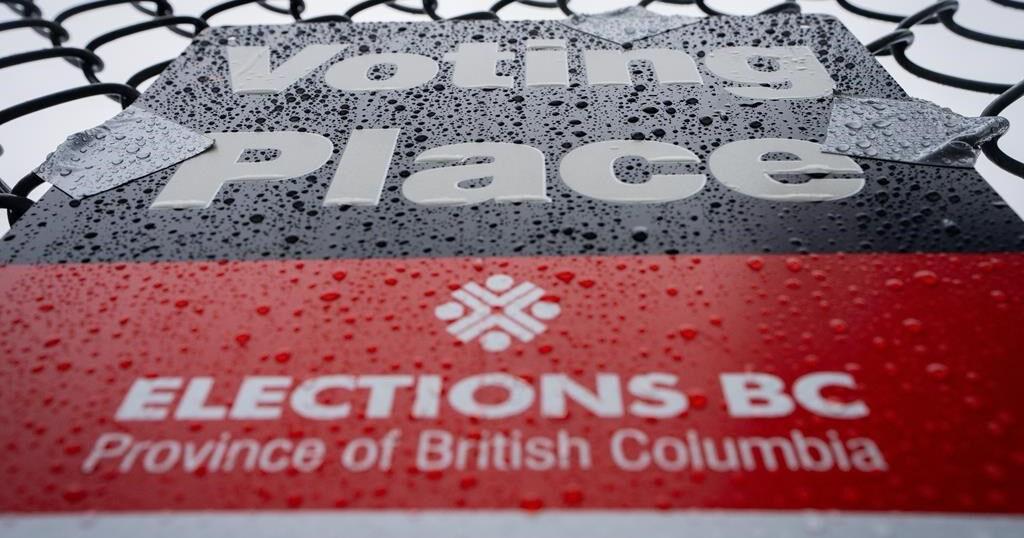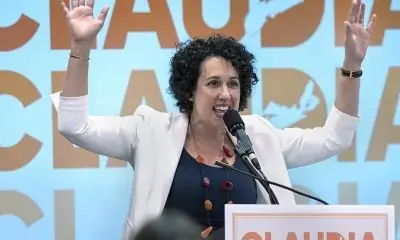REGINA – Saskatchewan residents are casting votes in Monday’s provincial election after a four-week campaign that appeared to tighten the gap between the two major political parties.
Scott Moe’s Saskatchewan Party is seeking a fifth-straight majority after 17 years in office, while Carla Beck’s NDP is looking to take back government for the first time since 2007.
Moe has promised broad tax relief and to continue withholding federal carbon levy payments to Ottawa.
Beck has pledged to spend more to fix health care and education, pause the gas tax, and remove the provincial sales tax on children’s clothes and some grocery items.
Political experts say Moe is favoured to win, given his party’s strength in rural areas. But polls suggest a closer race.
To win a majority in the 61-seat legislature, the NDP would need to sweep the 28 seats in the three largest cities — Saskatoon, Regina and Prince Albert — and hope for help elsewhere.
At dissolution, the governing Saskatchewan Party had 42 seats, while the Opposition NDP had 14. There were four Independents and one seat was vacant.
Voters are able to cast their ballots at polling stations throughout the province, with counting set to begin after polls close at 8 p.m.
Beck cast her ballot Monday morning in her constituency of Regina Lakeview, along with her husband and three children. She wore a T-shirt that read, “Prairie Living,” and thanked election workers.
Moe and his wife cast their ballots last week at an advanced poll in his hometown of Shellbrook.
Beck told supporters on Sunday in Regina that she’s ready to deliver the change people are asking for.
“It’s time for a government that’s going to work with you, not for themselves,” said Beck, who would be the province’s first woman premier if her party wins.
“It’s time to fix health care here in the birthplace of medicare. It’s time to make life more affordable starting on day one.
“It’s time to invest in our kids, our most important resource, and make sure that they have the education that they need.
“And it’s time to get the economy back on track.”
Moe did not have any public events on the last day of the campaign. But in Saskatoon on Saturday, he said incumbent governments have had it tough and his party is seeing similar challenges.
“That being said, we have 61 of the finest candidates that I certainly have met,” he told reporters.
Blaine Higgs’ New Brunswick Progressive Conservatives were defeated last week to Susan Holt’s Liberals. Higgs, who lost his own seat, was in power for six years.
Moe said he plans to create a brighter future for everyone.
“What we are focused on is forming a majority government,” he said.
Saskatchewan’s campaign largely focused on health care, affordability and crime, though Moe raised the issue of school change rooms later in the race.
Moe said his first order of business if re-elected would be to ban “biological boys” from using school changing rooms with “biological girls.”
He made the promise after learning of a complaint at a southeast Saskatchewan school about two biological boys using a girls change room. The pledge was not previously included in his party’s platform document.
It was later revealed that a parent of the two children who were the subjects of the complaint is an NDP candidate. Moe said he didn’t know that when he made the promise.
Beck has said such a ban would make vulnerable kids more vulnerable. She also promised to repeal a Saskatchewan Party law that requires parental consent if children under 16 want to change their names or pronouns at school.
Beck said voters want the next government to deal with more pressing issues, including classroom sizes, fixing health care and being able to afford gas and groceries.
She said her promises would cost an additional $3.5 billion over four years, with plans to cut what she calls Saskatchewan Party waste and to balance the budget by the end of her term.
Moe’s platform would cost an additional $1.2 billion over four years. He said his tax reduction plan would save a family of four $3,400 over four years. It also includes tax credits for those looking to grow their families or put their children in sports and arts.
Moe promised deficits in the first two years, followed by a surplus in 2027.
This report by The Canadian Press was first published Oct. 28, 2024.

